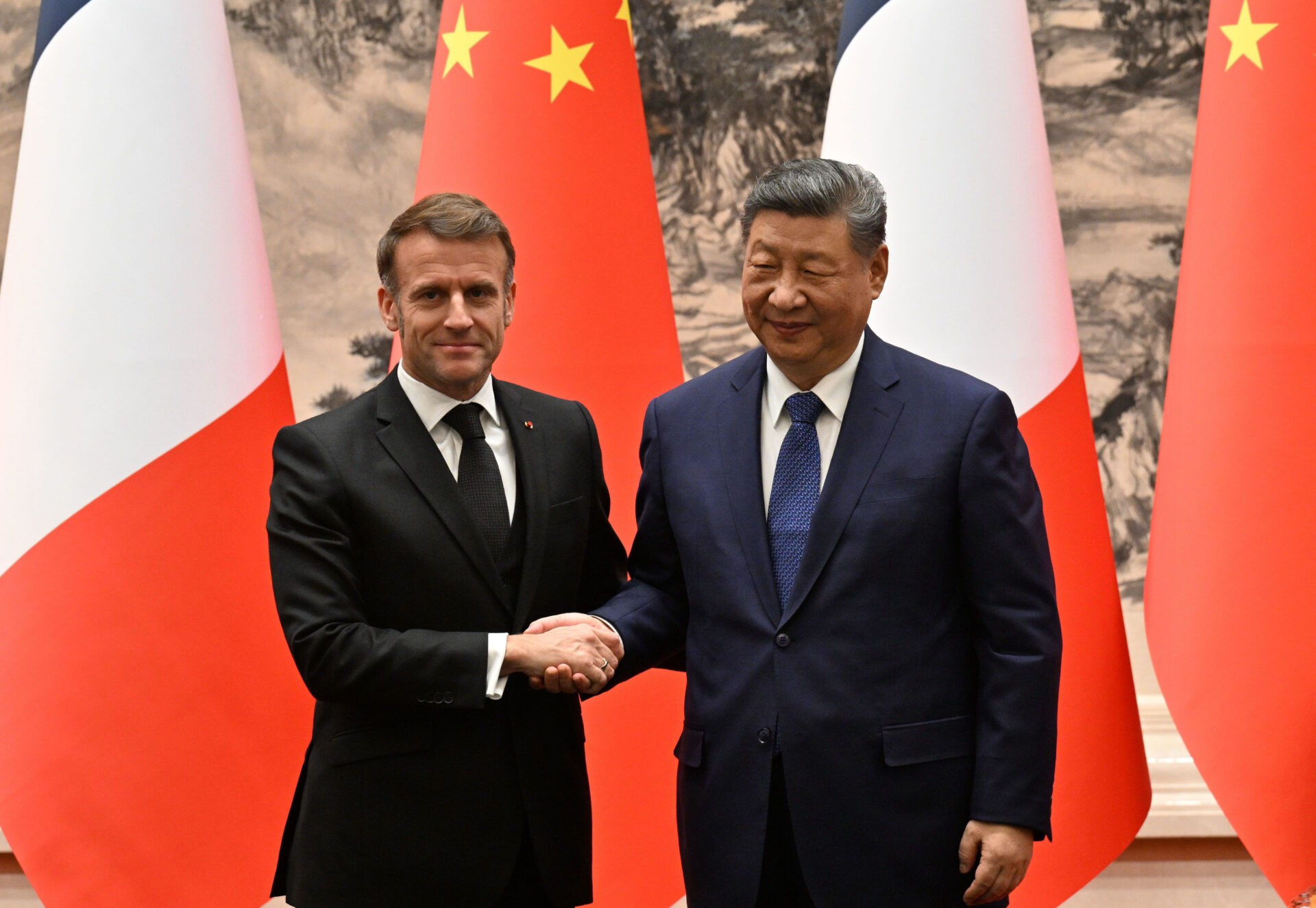GENERAL SAYS RUSSIAN TROOPS IN KOSOVO FOR THE LONG HAUL.
GENERAL SAYS RUSSIAN TROOPS IN KOSOVO FOR THE LONG HAUL.
A top military commander insisted yesterday that Russian troops will maintain their presence in Kosovo for as long as the international peacekeeping mission remains there, despite the financial burdens the operation will weigh on the Russian budget. Lieutenant General Nikolai Staskov, chief of staff for the Russian Airborne Forces, told reporters that “any peacekeeping operation has a long-term character.” Staskov also said that the deployment of Russian troops to Kosovo, the majority of whom are drawn from the airborne troops, is going according to schedule. Twelve hundred paratroopers are currently in Kosovo, he said. Some 3,600 Russian troops will be in Kosovo when the deployment is complete (AP, Russian agencies, July 21).
Russia’s participation in the peacekeeping effort is expected to cost the government approximately US$60 million per year in hard currency, and another 69 million rubles to cover expenses incurred in Russia itself (Kommersant daily, July 3). Indeed, some observers have estimated that the real costs of Russia’s military involvement in Kosovo could run to US$100 million per year. While virtually all leading Russian political figures and groups have supported the Kosovo mission, the high costs have given at least some of them pause. These costs, moreover, are being incurred at a time when there is next to no money available for the Russian armed forces to buy new weaponry or even to maintain the aging equipment that they now possess (Segodnya, July 8; see also below).
The Russian government’s poverty, however, has not stopped it from pledging some economic aid to help rebuild Yugoslavia’s economy. Economics Minister Andrei Shapovalyants announced yesterday that the government has decided to allocate US$150 million in loans for that purpose. The credit, to appear in the 1999 budget, will be used to finance the delivery of Russian equipment, goods and services. Shapovalyants also announced that the Russian cabinet will create a commission to oversee Moscow’s involvement in rebuilding Yugoslavia. Finally, the government had also approved a plan setting out the most urgent measures that Moscow will undertake to help Yugoslavia. These include deliveries of natural gas and the provision of technical aide to help in the rebuilding of priority assets in Yugoslavia (Russian agencies, July 21).
Meanwhile, in a related development on July 20, Moscow decided that it would not avail itself of Bulgarian airspace to airlift troops and materiel to Kosovo. Sofia did approve the Russian overflights, but the Russian Foreign Ministry complained that the conditions imposed by Bulgaria were too restrictive and made use of Bulgarian airspace “impracticable.” A ministry statement also called the Bulgarian government “uncooperative” (AFP, July 21).
The latest exchange between Moscow and Sofia suggests that relations between the two countries will remain tense. Moscow has long complained of Bulgaria’s oft-stated ambitions to join NATO. Ties between the two countries have deteriorated further in recent weeks because of Bulgaria’s decision on two occasions to honor requests from NATO and to deny the Russian military air corridors to Kosovo. The first of those denials came after the surprise deployment of Russian paratroopers to Kosovo on June 12, when Russian military leaders hoped to reinforce the paratroopers. The second came early this month, when Moscow and the Western alliance reached an impasse in negotiations aimed at setting out the precise terms of Russia’s involvement in the Kosovo peace force.
DEFENSE MINISTRY WANTS NEW WEAPONRY.


